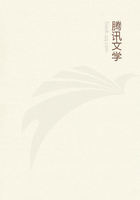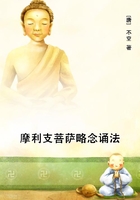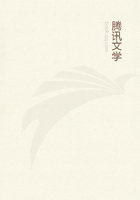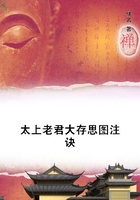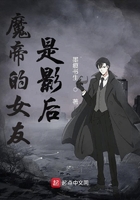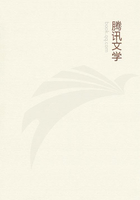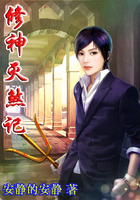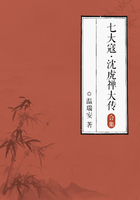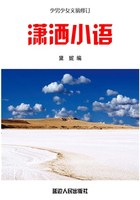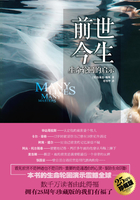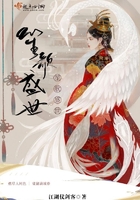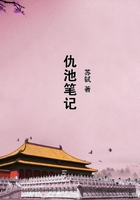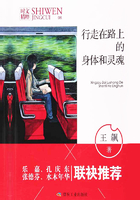"The disciples were called Christians first at Antioch."--Luke.
"Almost thou persuadest me to be a Christian."--King Agrippa.
"Let every one that nameth the name of Christ depart from iniquity."--Paul.
All the other personages in the Pilgrim's Progress come and go;
they all ascend the stage for a longer or shorter time, and then pass off the stage and so pass out of our sight; but Christian in the First Part, and Christiana in the Second Part, are never for a single moment out of our sight. And, accordingly, we have had repeated occasion and opportunity to learn many excellent lessons from the chief pilgrim's upward walk and heavenly conversation.
But so full and so rich are his life and his character, that some very important things still remain to be collected before we finally close his history. "Gather up the fragments that nothing be lost," said our Lord, after His miraculous meal of multiplied loaves and fishes with His disciples. And in like manner I shall now proceed to gather up some of the remaining fragments of Christian's life and character and experience. And I shall collect these fragments into the three baskets of his book, his burden, and his sealed roll and certificate.
1. And first, a few things as to his book. "As I slept I dreamed, and behold I saw a man clothed in rags standing in a certain place, with his face from his own house, a book in his hand, and a great burden upon his back. I looked and saw him open the book and read therein; and as he read he wept and trembled; and not being able longer to contain he broke out with a lamentable cry, saying, What shall I do?" We hear a great deal in these advertising days, and not one word too much, about the books that have influenced and gone largely to the making of our great men; but Graceless, like John Bunyan, his biographer, was a man of but one book. But, then, that book was the most influential of all books; it was the Book of books; it was God's very own and peculiar Book. And those of us who, like this man, have passed out of a graceless into a gracious state will for ever remember how that same Book at that time influenced us till it made us what we are and shall yet be. We read many other good books at that epoch in our life, but it was the pure Bible that we read and prayed over out of sight the most.
We needed no commentators or exegetes on our simple Bible in those days. The great texts stood out to our eyes in those days as if they had been written with a sunbeam; while all other books (and we read nothing but the best books in those days) looked like twilight and rushlight beside our Bible. In those immediate, direct, and intense days we would have satisfied Wordsworth and Matthew Arnold themselves in the way we read our Bible with our eye never off the object. The Four Last Things were ever before us--death and judgment, heaven and hell. "O my dear wife," said Graceless, "and you the children of my bowels, I your dear friend am in myself undone by reason of a burden that lieth hard upon me; moreover, I
am for certain informed that this our city will be burned with fire from heaven, in which fearful overthrow both myself, with thee my wife, and you my sweet babes, shall miserably come to ruin, except (the which yet I see not) some way of escape can be found whereby we may be delivered." He would walk also solitarily in the fields, sometimes reading and sometimes praying; and thus for some days he spent his time. Graceless at that time and at that stage would have satisfied the exigent author of the Practical Treatise upon Christian Perfection where he says that "we are too apt also to think that we have sufficiently read a book when we have so read it as to know what it contains. This reading may be quite sufficient as to many books; but as to the Bible we are not to think that we have read it enough because we have often read and heard what it teaches. We must read our Bible, not to know what it contains, but to fill our hearts with the spirit of it." And, again, and on this same point, "There is this unerring key to the right use of the Bible. The Bible has only one intent, and that is to make a man know, resist, and abhor the working of his fallen earthly nature, and to turn the faith, hope, and longing desire of his heart to God; and therefore we are only to read our Bibles with this view and to learn this one lesson from it . . . The critic looks into his books to see how Latin and Greek authors have used the words "stranger" and "pilgrim," but the Christian, who knows that man lives in labour and toil, in sickness and pain, in hunger and thirst, in heat and cold among the beasts of the field, where evil spirits like roaring lions seek to devour him--he only knows in what truth and reality man is a poor stranger and a distressed pilgrim upon the earth." John Bunyan read neither Plato nor Aristotle, but he read David and Paul till he was the chief of sinners, and till he was first the Graceless and then the Christian of his own next-to-the-Bible book.
2. In the second place, and as to his burden. We are supplied with no particulars as to the first beginnings, the gradual make-
up, and at last the terrible size of Christian's burden. What this pilgrim's youthful life must have been in such a city as his native city was, and while he was still a young man of such a name and such a character in such a city, we are left to ourselves to think and consider. Graceless was his name by nature, and his life was as his name and his nature were. Still, as I have said, we have no detailed and particular account of his early life when his burden was still day and night in the making up. How long into your life were you graceless, my brother? And what kind of life did you lead day and night before you were persuaded or alarmed, as the case may have been with you, into being a Christian? What burdens do you carry on your broken back to this day that were made up in the daylight or in the darkness by your own hands in your early days?

